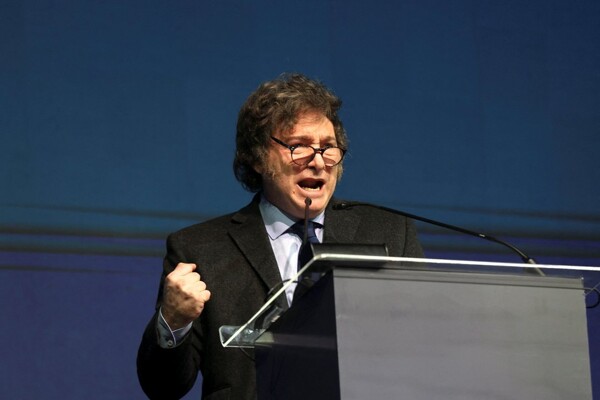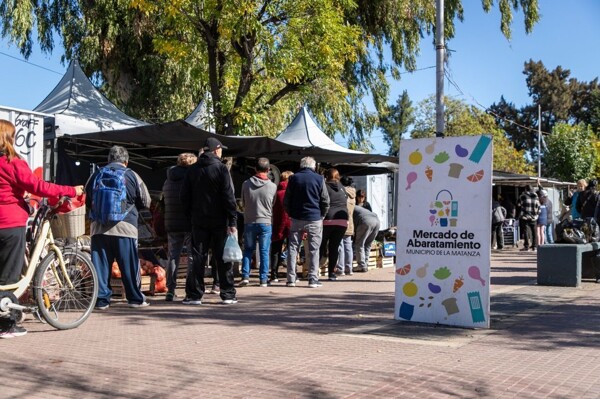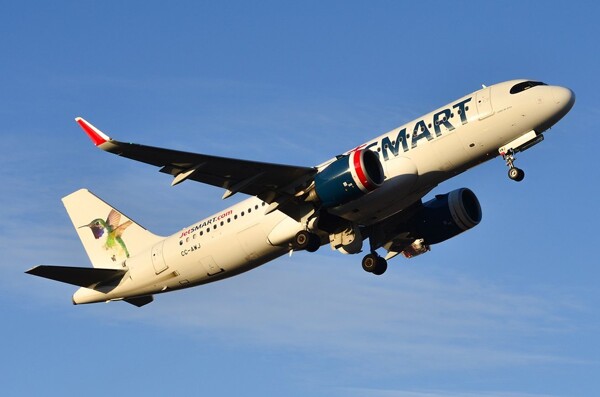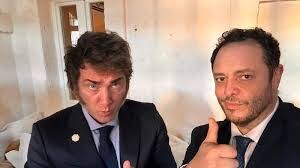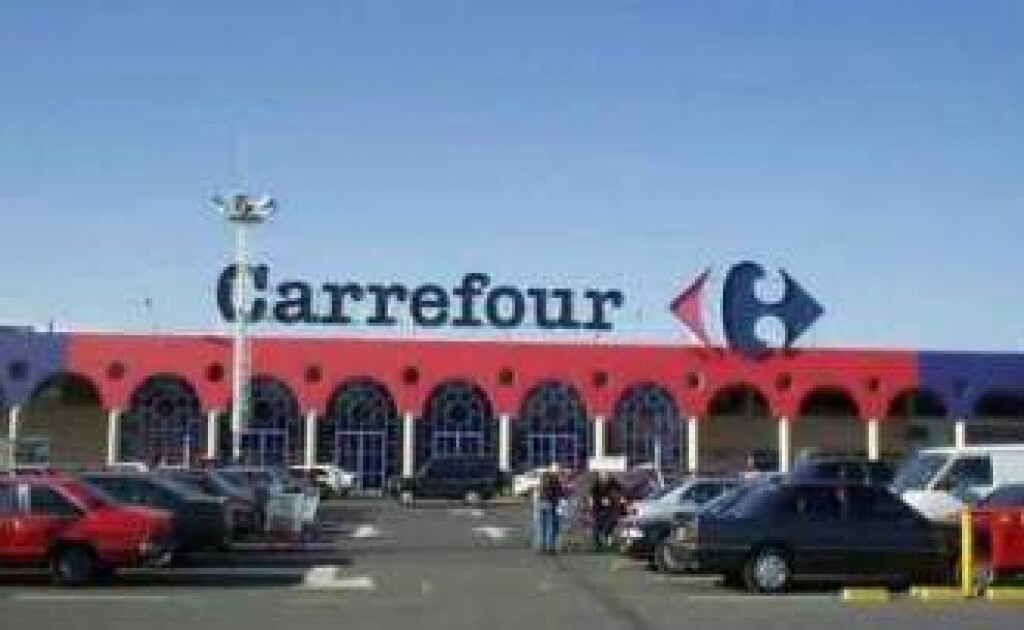
The M&A team of Carrefour in Paris considered the ten pre-selected offers delivered by Deutsche Bank, appointed as financial advisor for the sale, to be insufficient. This led to a turning point in negotiations: IRSA entered the scene after holding meetings with Coto, Grupo De Narváez (owner of Chango Más), and the Klaff Realty fund. Eduardo Elsztain's entry into the discussions is due to his interest in acquiring the real estate portion of the project. The proposals that did not satisfy the French command came from three strategic investors—those already present in the Argentine business—and four investment funds, both local and foreign, seeking to gain a foothold in the sector. Among those mentioned were: Coto; GDN (De Narváez); Cencosud (Jumbo); the Klaff Realty fund (which bought the Uruguayan Tienda Inglesa); Sophia Capital (an Argentine investment fund led by Diego Álvarez-Demalde—brother of Francisco, creator of Riverwood Capital—and Federico Shargorodsky); Newsan (led by Rubén Cherñajovsky); and Intercorp (one of Peru's main economic holdings). None of them covered the valuation of Carrefour's assets in Argentina, valued at US$ 1 billion, which include more than 700 stores distributed in 110 municipalities, in the formats Carrefour Market, Express, Hypermarkets, and Maxi. The workforce, distributed across 690 stores in 22 provinces and 100 municipalities, amounts to 17,000 employees.
The requirements narrowed down the initial list of interested parties, leaving De Narváez, the Coto family, and Braun as local contenders, and Walmart from abroad, although its parent company maintains a close relationship with the owner of La Rural. For a moment, Cencosud appeared as the most likely candidate to acquire the chain, but the Chilean holding, owner of Disco, Vea, Jumbo, and Easy, withdrew and made the announcement through an official statement. This desertion favored the chances of GDN (Grupo De Narváez), which prompted Catterton, the world's largest private equity fund in consumer companies, to join them. Among its main shareholders are the French group LVMH and Bernard Arnault. However, an important detail is that De Narváez and Catterton are partners in the clothing brands Caro Cuore and Rapsodia. Other, less prominent contenders in the battle are Germán Coto, Alfredo's eldest son, and the American fund Klaff Realty, with a regional presence through the Uruguayan chain Tienda Inglesa. The candidates had very different approaches on how to integrate Carrefour's structure into their expansion plans.
IRSA's intervention, which leads the shopping mall segment in Argentina, is related to its return to the international capital markets, as it placed a US$ 300 million bond with a 10-year term and an 8% annual interest rate. For the closing of the operation, there were more than 10,000 interested investors, including subscribers from the United States, Europe, Asia, Latin America, and local ones. This placement was associated with the continuity of the company's expansion plan, which includes the shopping mall sector, mixed-use projects like Distrito Diagonal in La Plata and the Polo Dot, and the development of Ramblas del Plata in Costanera Sur—the new neighborhood of the City of Buenos Aires that is expected to host over 10,000 homes, offices, and commercial premises, along with the city's fifth-largest public park. And very recently, it acquired the large plot of land in Palermo that belonged to the Army and was occupied by Cencosud, and previously, the Tiro Federal plot, where it is executing the Parque de la Innovación project.
This is a corporate puzzle. Elsztain is dealing with a Coto that primarily aims to leverage the Carrefour Express network to strengthen its position, especially in the country's interior cities. With «La Anónima», owned by the Braun family and considered by consultancies like Nielsen to be the largest hypermarket chain in the interior, also aiming to take over Carrefour's large-format stores. And with De Narváez, who plans new formats for Chango Más and seeks to increase his penetration by adding the Carrefour network, in order to increase his bargaining power with suppliers, which would result in lower costs.











